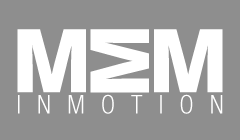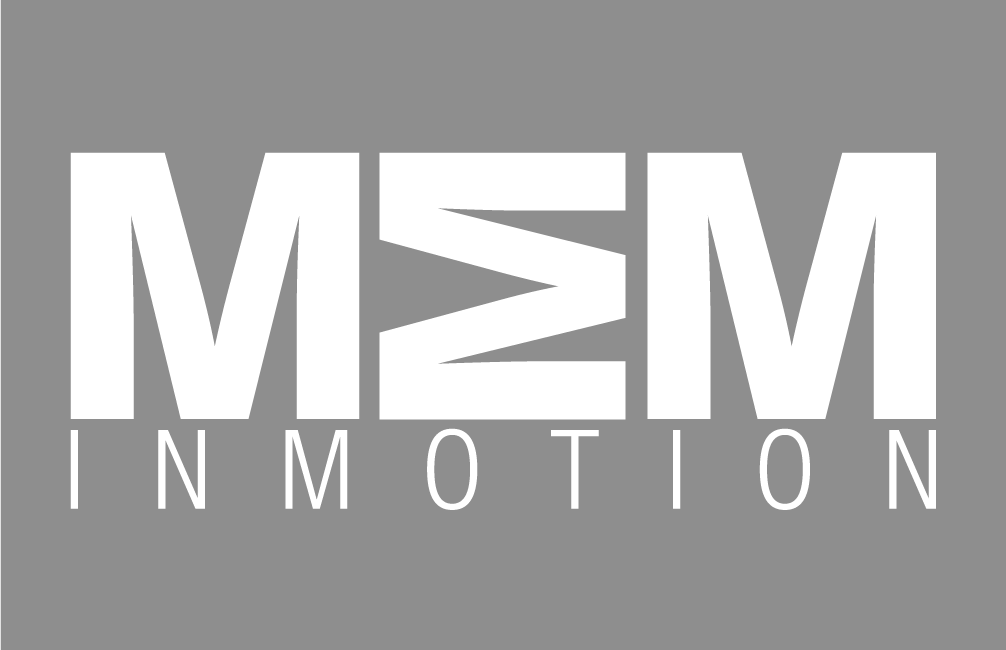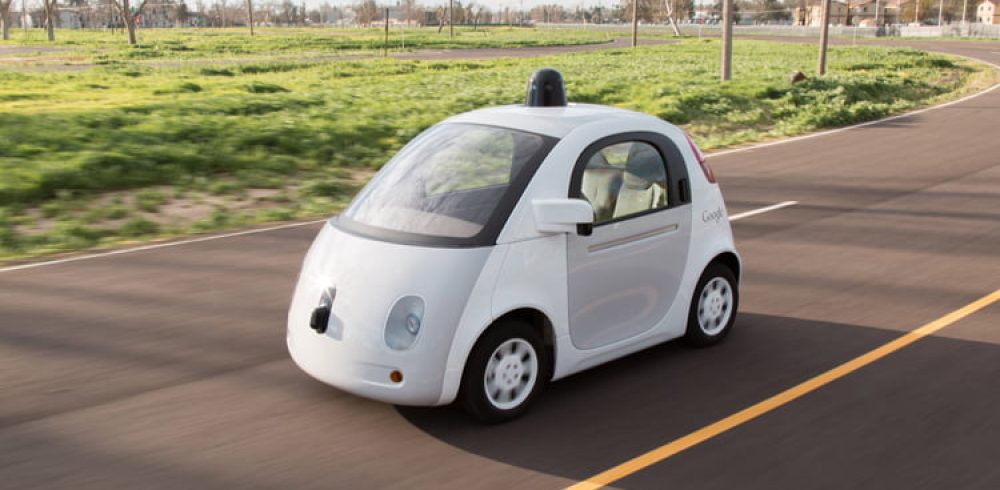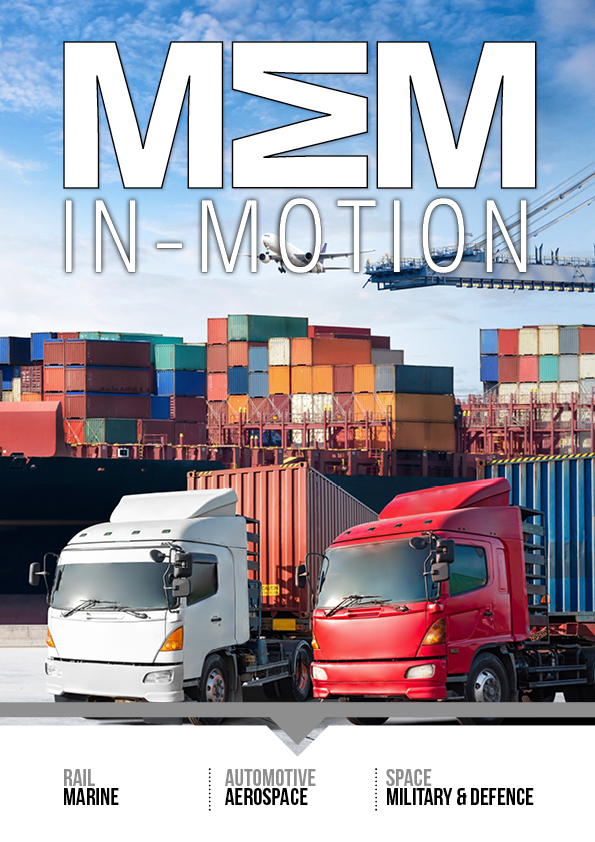California cautiously legislating for driverless cars : Californian legislators are cautiously opening the door to driverless cars, but will insist that the vehicles are installed with steering wheels to protect against failures of the automatic system.
The landmark approach by the state’s Department of Motor Vehicles (DMV) in draft regulations means Californians could be behind the wheel of a self-driving car by 2017.
However, Google, which is experimenting with driverless vehicles, expressed disappointment at the ruling because it would slow deployment of the technology which could significantly reduce the number of road accidents.
In addition to the mandatory installation of a steering wheel in driverless cars, the legislators will only allow licensed drivers to operate the vehicles.
“Given the potential risks associated with deployment of such a new technology, DMV believes that manufacturers need to obtain more experience in testing driverless vehicles on public roads prior to making this technology available to the general public,” the agency said in a written summary of its draft regulations.
Although no manufacturer has said it thinks the cars are currently ready for full deployment, at least a dozen, including Google, Nissan and even Apple are developing the technology.
Google has suggested a model could be ready for limited use sooner than the public expects. In September, the safety chief of its self-driving car project, Ron Medford, said the technology was ‘close to working pretty damn well’.
The ruling is still in a draft state so is open to further development over the coming months before being finalised. The industry is expected to lobby for significant changes.
Google spokesman Johnny Luu said the company was “gravely disappointed” by the draft regulations.
“Safety is our highest priority and primary motivator as we do this,” he said.
California’s guarded approach to the new technology could benefit Texas, which this summer emerged as a competitor in the deployment of self-driving cars when Austin officials welcomed Google prototypes for company-sponsored testing.
One of Google’s cars was recently subject to a traffic stop by police while being tested in Mountain View, California.
The officer said it was operating too slowly, driving at 24mph in a 35mph zone.
Manufacturing & Engineering Magazine | The Home of Manufacturing Industry News









